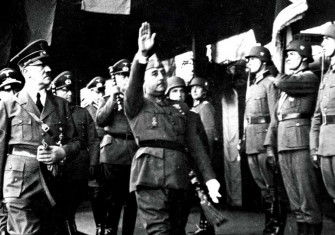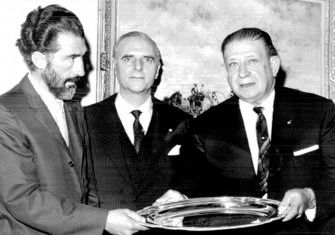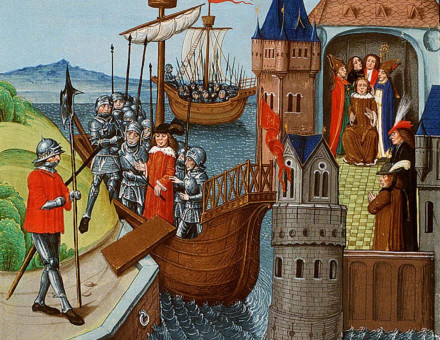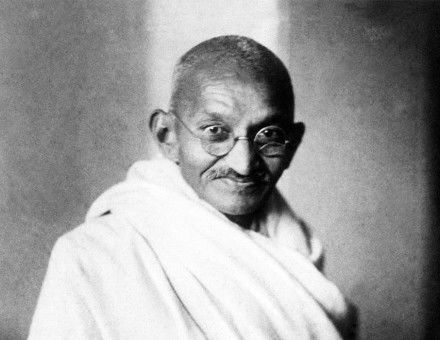‘The Penguin History of Modern Spain’ by Nigel Townson review
An up-to-date history of modern Spain, from 1898 to the present.
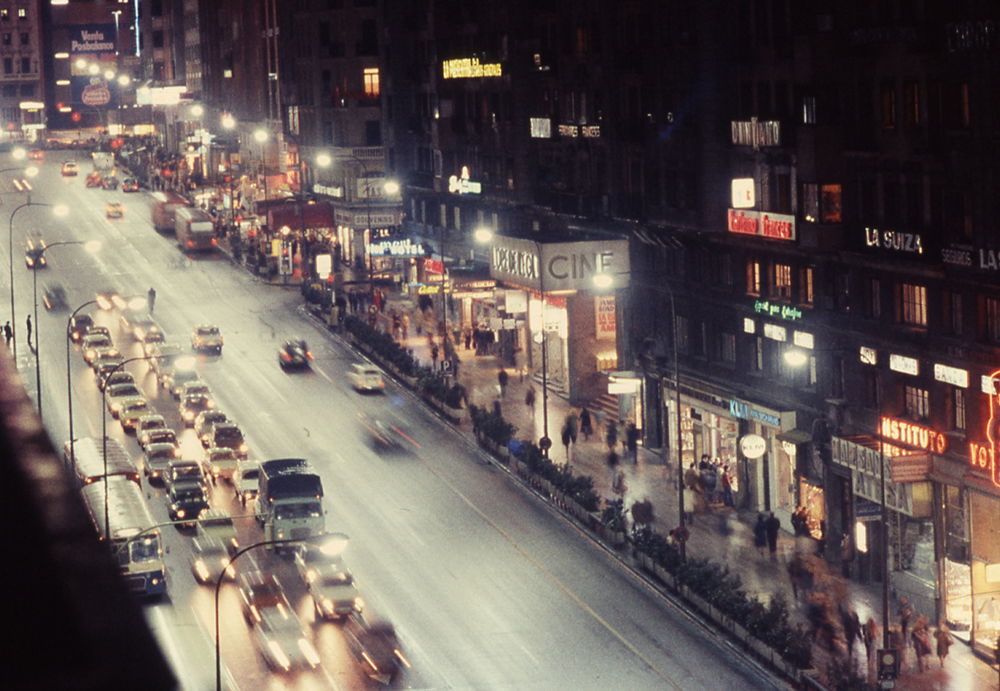
In the 1960s, Francoist tourism slogans pushed the notion that ‘Spain is different’. It wasn’t, and never had been, but the idea stuck and persisted for longer than it should have. So long, in fact, that Nigel Townson’s new history takes disproving it as its central thesis.
An up-to-date history of modern Spain, from 1898 to the present, is a mammoth task, but one which Townson, a historian educated in Britain and working in Madrid, is well placed to attempt. A respected expert on the history of the Second Republic – the period spanning the 1931 deposition of Alfonso XIII, to Franco’s victory in the Spanish Civil War in 1939 – he guides the reader from the regenerationist debates that followed the 1898 disaster, when Spain lost the last of her colonies following the Spanish-American war, and the imperial hangover that ensued, to the not-so-peaceful transition to democracy between 1975 and 1982. He does so via various welfare advances and corruption scandals.
Given Townson’s expertise, it is unsurprising that the book is particularly strong when discussing the politics and challenges faced by the Second Republic and its descent into all out civil war. Townson suggests, convincingly, that Spain’s centrist parties in particular could have done more to stabilise the young democracy. There is, however, some emphasis on the history of the left over the right, which is surprising given that the outcome of the Spanish Civil War was a right-wing dictatorship that lasted for 40 years. Townson draws on important works on Francoism, but his historiographical well is not as deep as it might have been. Francoism, particularly its early period (1936-45), is one of the most heavily researched areas in Spanish history, and it would be impossible to integrate all the latest research into a few chapters. And, of course, this is not just a book about Franco.
Perhaps there is another reason that the Second Republic and the civil war dominates Townson’s book. Many of the defining features of the era reflect current concerns. The Republic saw the rise of extremism and polarisation, issues which sadly have not been consigned to history. But allotting so much space to this period means that Townson has to cover a lot of ground – the remainder of the century – in comparatively few pages. The rest of the century feels squeezed, though he successfully covers key issues such as the fragile nature of the transition process after Franco, the economic Moncloa Pact of 1977, the growth of the Basque terrorist organisation ETA, and the challenging and somewhat haphazard division of Spain into its various autonomous communities. Impressively for a book that covers a long and tumultuous era, Townson makes space for recent research, much of which will be new to the general reader.
This includes the role played by the Workers’ Commissions and worker priests in the fight for social justice during the second half of Franco’s dictatorship. We need to understand the history of the transition to democracy if we are to understand some of the problems that Spain continues to face today – issues like the persistency of clientelism and patronage in politics, and regional tensions which are currently bubbling in Catalonia and elsewhere. Inevitably, some things are left out. La Movida Madrileña – the Madrilenean Scene – was a cultural explosion that flourished following the end of Franco’s regime, perhaps best known for the cinema of Pedro Almodóvar. Omitting it from this history of Spain is a shame, as it would only have strengthened the compelling claim at the centre of Townson’s book: that Spain is not so different.
The Penguin History of Modern Spain: 1898 to the Present
Nigel Townson
Allen Lane, 608pp, £30
Buy from bookshop.org (affiliate link)
Mercedes Peñalba-Sotorrío is Senior Lecturer in Modern European History at Manchester Metropolitan University.



